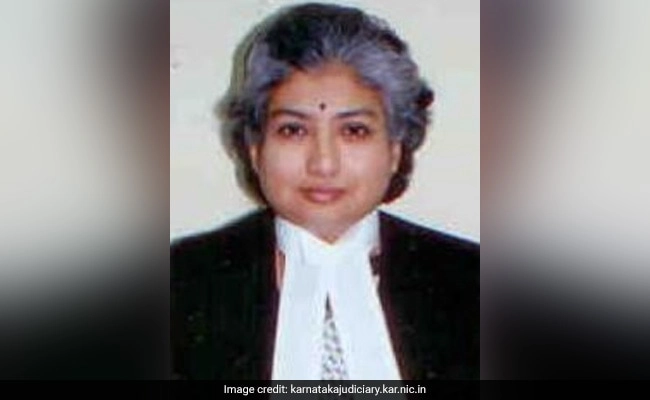Justice BV Nagarathna has emphasized the urgent need for socio-economic liberation of women, advocating for a transformative approach that addresses the systemic barriers hindering their progress. Her call to action underlines the importance of empowering women not only through legal frameworks but also by fostering an environment where they can thrive economically and socially. This liberation is crucial for achieving true gender equality, as it enables women to participate fully in all spheres of life, from the workplace to the political arena.
In her discourse, Justice Nagarathna highlights that socio-economic empowerment goes beyond mere financial independence; it encompasses access to education, healthcare, and opportunities that allow women to make informed choices about their lives. She argues that societal norms and traditional roles often confine women to limited opportunities, stifling their potential. By advocating for policies that promote women’s rights and access to resources, she envisions a society where women can break free from these constraints and contribute meaningfully to their communities.
Furthermore, Justice Nagarathna stresses the importance of collaboration among various stakeholders, including governments, non-governmental organizations, and the private sector, to create sustainable solutions for women’s empowerment. This collective effort is essential in dismantling the structural inequalities that persist in society. By investing in women’s education and entrepreneurship, and by ensuring that they have a voice in decision-making processes, society can unlock the vast potential that women hold.
Ultimately, the socio-economic liberation of women is not just a women’s issue; it is a fundamental human rights issue that affects everyone. When women are empowered, entire communities benefit, leading to improved economic growth and social development. Justice Nagarathna’s advocacy serves as a clarion call for a concerted effort to reshape societal attitudes and institutional practices that have historically marginalized women, paving the way for a more equitable future.




